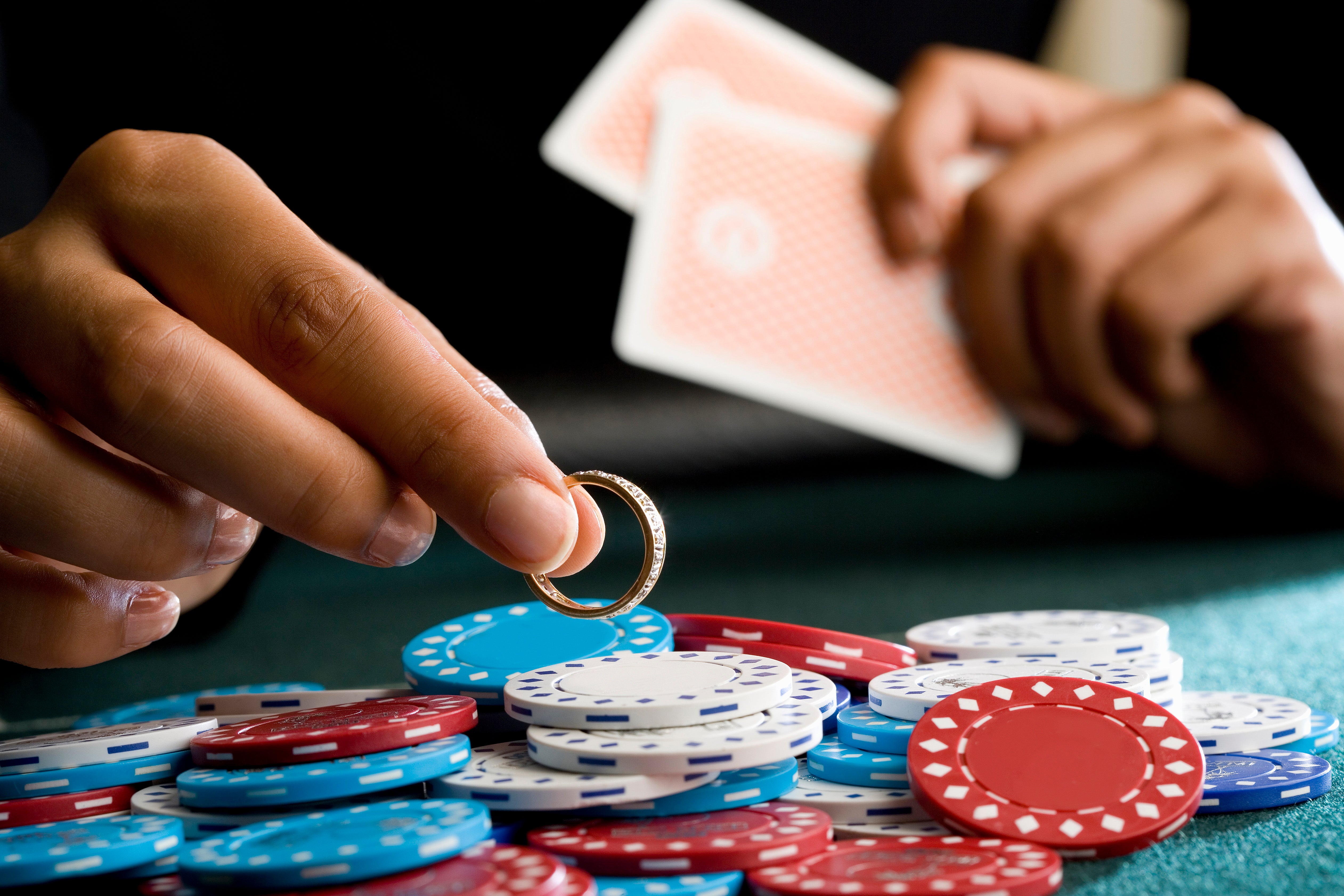Obsessive Compulsive Disorder Gambling
Posted : admin On 3/29/2022Gambling while on vacation or buying the occasional lottery ticket poses little to no threat to a person’s overall quality of life. When done on a recreational basis, gambling can be a fun activity. Compulsive gambling, however, takes gambling activities to a whole other level.

The Relationship Between Alcohol and Obsessive-Compulsive Disorder. Obsessive-Compulsive Disorder, (OCD), is a common co-occurring disorder that is often present alongside alcoholism. The compulsions one feels seem to be lessened with the effects of alcohol; however, alcohol actually can make compulsions become more intense. Gambling and obsessive-compulsive behaviors linked Problem gambling and obsessive-compulsive behaviors share genetic as well as behavioral links, according to a study by researchers at Yale, Veterans Affairs Medical Center and the Saint Louis University School of Medicine. Gambling disorder and obsessive-compulsive personality disorder: A frequent but understudied comorbidity. Medeiros GC(1), Grant JE(2). Author information: (1)1 Department of Psychiatry, University of Texas Southwestern Medical Center, Dallas, TX, USA. Forty-four OCD patients, 26 GD patients, and 40 healthy controls (HCs) were included in the study. Impulsivity was assessed through the Barratt Impulsiveness Scale, decision-making through the Iowa Gambling Task, and reward system through a self-report clinical instrument (the Shaps-Hamilton Anhedonia Scale) assessing hedonic tone and through an olfactory test assessing hedonic. In a test designed to measure decision-making, individuals with OCD performed much like gambling addicts, suggesting their underlying brain problems may be similar. OCD makes people worry.
According to the Pennsylvania Department of Health, three percent of Americans will experience job loss, broken families, debt and legal problems as result of compulsive gambling behaviors. In effect, the word “compulsive” best depicts the disorder aspect of compulsive gambling.
More oftentimes than not, compulsive behaviors result from some form of obsession that overwhelms a person’s ability to control or manage the behavior. These characteristics most resemble addiction-type behaviors without the drug or alcohol component. Not unlike drug/alcohol addictions, compulsive gambling behaviors trigger physiological changes and behavioral changes, both of which have a noticeable impact on a person’s everyday quality of life.
Process-Based Addictions
Addiction describes a disorder characterized by a loss of control, so compulsive behavior becomes a key component within any form of addiction. Process-based addictions involve activities where a person loses control over his or her ability to walk away from further engagement. Compulsive gambling behaviors fall within the process-based addiction category.
Much like addictions to alcohol and drugs, a person may start out gambling on an infrequent basis as a form of recreation. For people with addiction tendencies, the fun or thrill of engaging in the activity becomes a force all its own, similar to how a drug “high” drives addicts to keep using.
Ultimately, someone with a compulsive gambling (addiction) disorder will exhibit the following characteristics –
- Spending increasing amounts of time gambling
- Disregard for negative consequences brought on by gambling behavior
- An inability to limit or stop gambling behavior
- Thinking about and anticipating the next time he or she gambles
- An emotional tie with the activity
Gambling Effects in the Brain
Someone who cannot control their gambling may be said to have a gambling disorder.
For people addicted to gambling, the act of gambling has become an obsession. Obsessions, in general, trigger certain emotional responses, which play a central role in perpetuating this condition.
Likewise, compulsive gamblers experience a “rush” or “high” that produces chemical changes in the brain, much like a drug or alcohol “high.” According to Scientific American, these chemical changes affect the same neurotransmitter chemicals that regulate emotions, learning, cognitive functions and motivation.
Over time, these chemical changes start to “rewire” how the brain works and eventually alter a person’s motivations, thoughts and behaviors. In effect, the more a person engages in gambling the more out of balance brain chemical processes become.
Obsessive Compulsive Disorder Gambling Criteria
Symptoms of Compulsive Gambling
Like drug and alcohol abuse disorders, a gambling disorder can wreak havoc in most every area of a person’s life. Symptoms of compulsive gambling disorder include –

Obsessive Compulsive Disorder Gambling Addiction

Gambling And Obsessive Compulsive Disorder
- Decline in personal appearance and/or hygiene
- Frequent mood swings
- Sleep problems
- Risk-taking
- Financial difficulties
- Changes in appetite
- Legal problems
- Relationship conflicts
- Problems at work
Obsessive Compulsive Disorder Gambling Disorder
Not surprisingly, these same symptoms can result from drug/alcohol addictions. As with any form of addiction, a person’s gambling behaviors will only get worse unless he or she gets needed treatment help.